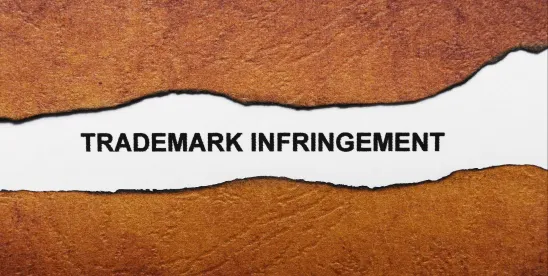The US Court of Appeals for the Second Circuit affirmed a district court’s dismissal of a trademark and unfair competition suit, ruling that the plaintiff did not own the asserted trademark. The Court also held that the owner of the trademark failed to ratify the action and therefore the plaintiff did not have standing to assert unfair competition claims. Ripple Analytics Inc. v. People Ctr., Inc., Case No. 24-490 (2d Cir. Aug. 26, 2025) (Park, Nathan, Perez, JJ.)
In March 2018, the US Patent & Trademark Office granted Ripple Analytics a federal trademark for RIPPLE in connection with human resources software. The following month, Ripple assigned all rights to its intellectual property to co-founder Noah Pusey via an assignment agreement. Around the same time, People Center applied to register RIPPLING for similar software. It later abandoned the application but continued to operate under the Rippling name.
Ripple sued People Center in 2020 for trademark infringement and unfair competition. During discovery, Ripple produced the assignment agreement. People Center responded by moving to amend its answer, seeking dismissal for failure to prosecute in the name of the real party in interest and requesting summary judgment.
The district court found that Pusey, not Ripple, was the real party in interest and dismissed the case because Pusey had not ratified the action under Federal Rule of Civil Procedure 17. It also dismissed the unfair competition claims for lack of standing and denied Ripple’s motion to amend the complaint as futile. Ripple appealed.
The Second Circuit affirmed the dismissal, finding that Ripple had “unambiguously” assigned all intellectual property rights, including the trademark at issue, to Pusey, making him the real party in interest. The Court emphasized that the assignment agreement transferred all of Ripple’s “claims, causes of action, and rights to sue,” regardless of when those claims arose. Ripple argued that Pusey satisfied Rule 17 by ratifying the pleadings and agreeing to be a plaintiff. The Court rejected this argument, noting that Pusey’s declaration stating his involvement in the case and strong interest in its outcome did not amount to an agreement to be bound by the suit, a requirement for ratification.
The Second Circuit determined that Ripple’s Lanham Act unfair competition claims failed because they were based on the inaccurate assertion that Ripple owned the RIPPLE mark. The Second Circuit also upheld the district court’s denial of Ripple’s motion to amend its complaint, explaining that the assignment agreement expressly barred Ripple from bringing suit.
Practice note: Before initiating trademark litigation, practitioners should conduct thorough due diligence on ownership to avoid standing issues. Defendants should consider initiating early discovery on ownership of the rights being asserted.




 />i
/>i

